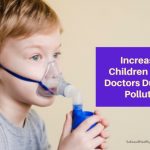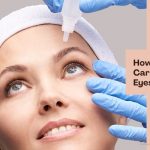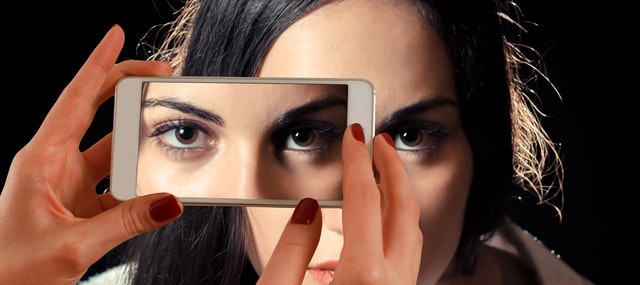
The human body has five major senses, and eyesight is one of them.
Humans need to rely on their eyes for a multitude of tasks, especially for coordination and doing a lot of things.
When eyesight is affected by, say, an accident or an affliction, it can have a drastic effect on the overall quality of life of a person.
That means it’s extremely important to immediately know whether or not a person’s eyesight might potentially be compromised, so help can be obtained.
Below are some key tips on how to know if your eyes need help seeing.
Just How Good Is Your Eyesight?
The following tips aren’t built for all types of people and for all types of situations.
This means should you notice that some of the tips are starting to make you sense that there’s something wrong with your eyes, it’s still best to consult an eye doctor for confirmation.
They’re the best professionals for you to consult regarding the specifics of eye care.
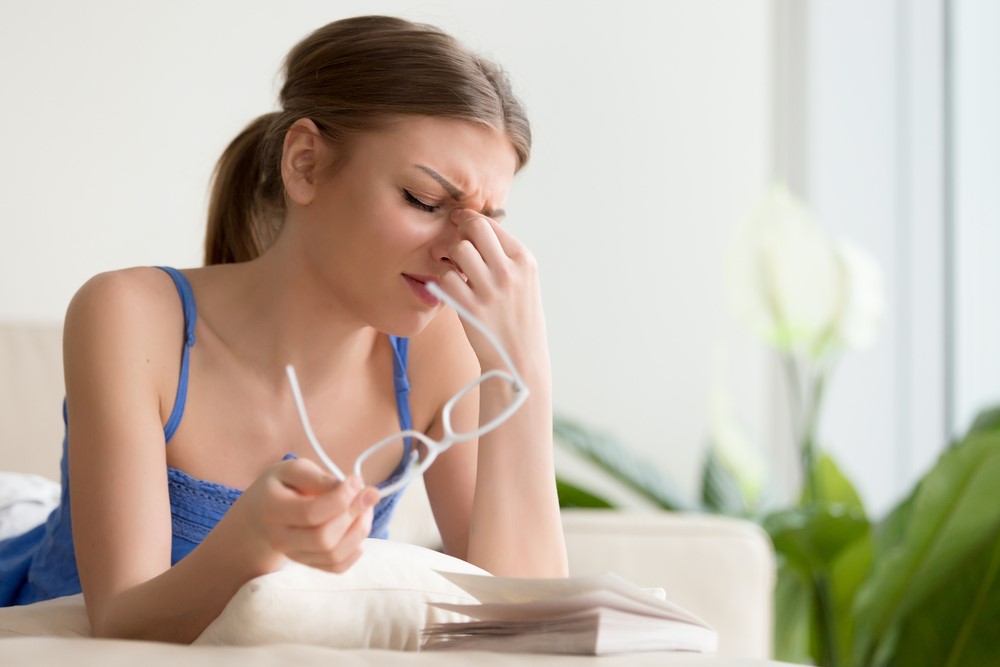
According to the National Eye Institute, getting your eyes checked is an extremely important habit you should develop as a comprehensive eye exam can be detected through these tests.
In a comprehensive dilated eye exam, an eye doctor puts drops in your eyes in order to widen your pupils and allow more light to enter.
This allows them to check for specific signs of problems you may need to work on.
You Think It’s Normal
Sometimes, some of the signs you need to check to determine if your eyes need help seeing tend to appear the most “normal,” which makes them all the more alarming to take note of.
Sometimes, these things appear to be things you experience that appear ordinary but are in fact extremely telling signs that you need to get your eyes checked.
- For instance, itchy, dry, or red eyes that happen frequently can be a sign that you need to get your eyes checked. This is especially important if you also see floaters, flashes of light, or spots for no reason at all.
- If you experience strain in the eyes, blurred vision, or headaches related to looking at things for long periods of time, you may have a problem with your eyes. This most likely means you should avoid being in front of the computer all the time, and consider taking frequent breaks to allow your eyes to rest.
- If you’re having a hard time following something that moves or having frequent motion sickness, or dizziness when trying to focus on something with your eyes, then you might have something that needs to be checked.
- If you’ve had head trauma and you’ve noticed sudden changes in the way your eyes work, you might need to get yourself checked as well.
- Do remember however that it’s advised you follow treatment methods suggested by the eye doctor after your consultation. If their methods hurt you in any way, or if you feel as though the recommended methods have made your situation worse, then perhaps you may consider talking with a lawyer about potential medical malpractice.
Other Activities Become Much Harder
One of the most common things amongst people with eye conditions is that a lot of activities are much harder for them because they have problems with eyesight.
These things can actually manifest even when you don’t think you have an eye problem and can be signs that you need to get checked.
If you notice that day-to-day activities are starting to be harder and harder for you to do, then it is perhaps time to consider checking with a doctor.
(See also: 5 Types of Eyelid Procedures for Attractive & Youthful Eyes)
- If you’re having difficulty maneuvering a vehicle during nighttime or looking at dimly lit street signs in the dark has become difficult, then perhaps it’s time to get an eye checkup. Make sure that activities in the dark, such as driving, be done with a bright light just to be safe until you at least make an appointment with a doctor and a solution is posed to your problem.
- If you need to hold newspapers or books closer or farther away in general, then this might be a sign of a problem you may have to get checked. At the same time, if you have to close or squint one eye in order to read something, you may need to get your eyes checked for any variations in your eyesight.
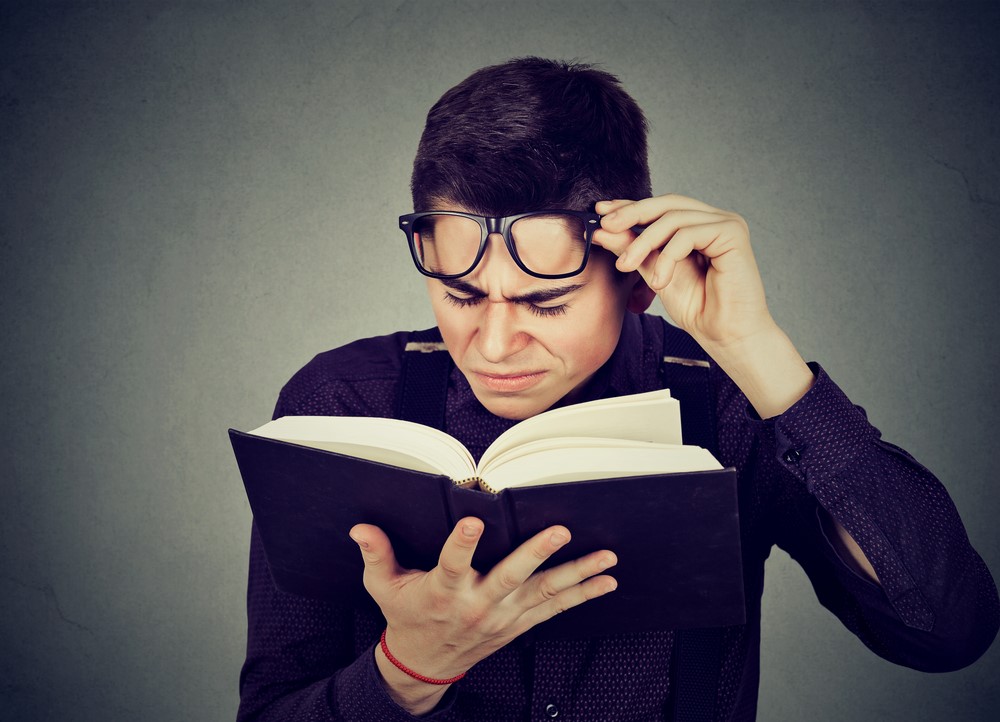
Another Health Condition, Sickness
Problems with eyesight don’t stop at the eyes themselves. It’s important to remember that the body is a series of interconnected organs, which are made up of cells that are all related to one another.
As such, it’s important to consider that sometimes other conditions may actually have something to contribute to worsening eyesight, or at least other eye conditions that need checking and evaluation.
Understanding these external factors early on can at least give you a heads-up on what to check with a doctor.
- This means it’s just as important to make sure you get yourself checked regularly. Try not to miss relevant appointments with your eye doctor and your physician, as an eye condition may be related to sickness, or sickness may actually cause an eye condition. One can be the warning sign of the other, and it’s better to be prepared than to be caught off guard with a disease that you can’t immediately remedy.
- Prevention is always better than cure. As such, it’s important to read up on things that can actually be related to eye problems, such as health conditions like diabetes. Having a family with a history of glaucoma or diabetes means you should conduct checks more often, as these diseases tend to be hereditary as well.
Conclusion
Your eyesight can be one of the most fundamental aspects of your daily life as a vision can help with a lot of activities.
That said, making sure your eyes function normally is an extremely vital part of your health.
However, appointments can be costly, and sometimes you don’t notice the effects of various changes happening to your eyesight unless they are a bit obvious.
The key tips on how to know if your eyes need help seeing, as stated above, could give you a heads up, especially when deciding whether or not a trip to the doctor can be something that can be of assistance on your end. For more details, you can visit this website.
About The Author:
 Tyson Wilson is studying to be an optometrist and eye care professional. He first became interested in optometry when he was very young. Today he loves to write for Lenses Online and enjoys sharing information about contact lenses and other eye-related topics. He hopes to graduate soon so he can start to help people to care for their eyes and see better.
Tyson Wilson is studying to be an optometrist and eye care professional. He first became interested in optometry when he was very young. Today he loves to write for Lenses Online and enjoys sharing information about contact lenses and other eye-related topics. He hopes to graduate soon so he can start to help people to care for their eyes and see better.

